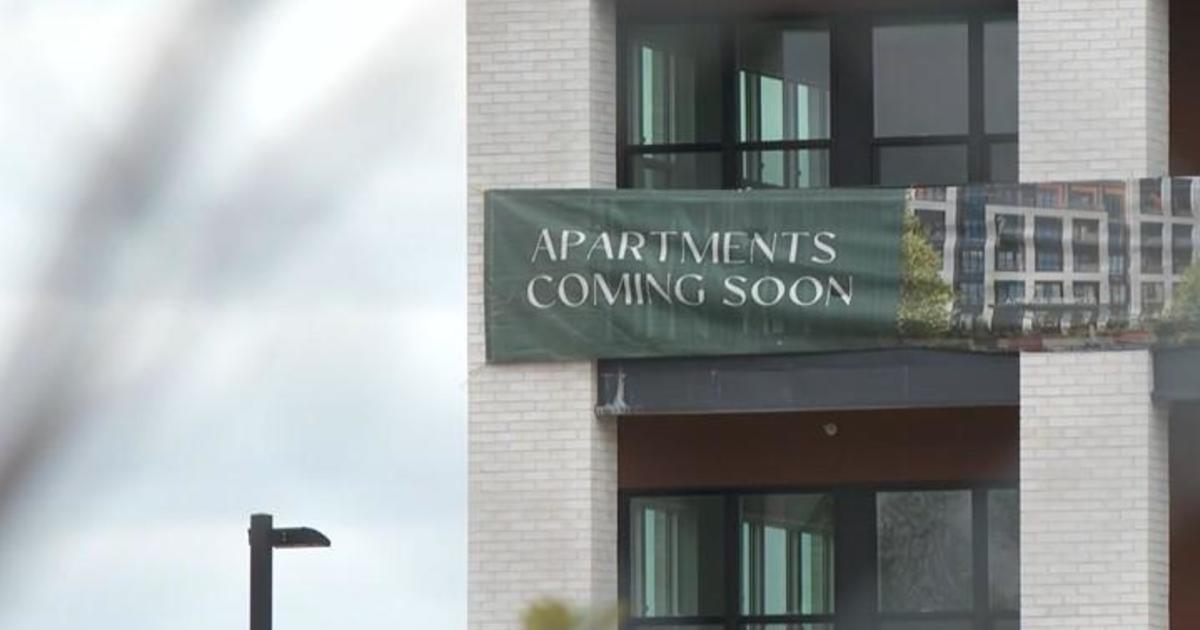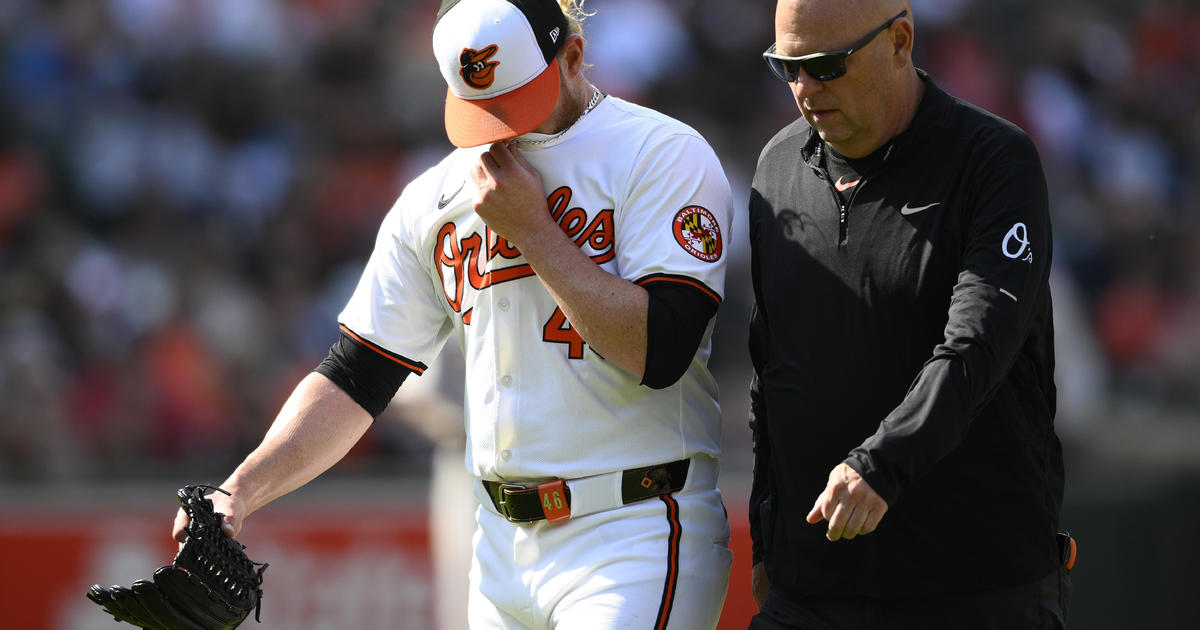Baltimore County leaders expand program to allow watermen to fish for debris in offseason
BALTIMORE - Derelict or abandoned crab pots litter the bottom of the Chesapeake Bay and surrounding waterways.
They can pose a serious threat to the bay's ecosystem and compete with commercial and recreational fishing.
On Tuesday, Baltimore County leaders announced expansion of a program that lets watermen fish for debris during the offseason.
In Essex, local off-season watermen are bringing hundreds of old crab traps to shore.
They're finishing a two-week effort to pull marine debris from a 3,000-acre area of the Chesapeake Bay, northeast of Hart Miller island and off the Black River Neck Peninsula.
This is the second year of the Baltimore County program to remove derelict crab pots and fishing gear from the bay floor.
"Last year, we mapped over 2000 acres and recovered over 2300 pieces of derelict gear from the mouth of the Patapsco," Baltimore County Executive Johnny Olszewski said.
Baltimore County Department of Environmental Protection and Sustainability gave Maryland's oyster recovery partnership a $150,000 grant to manage the program.
With it, ORP is using advanced sonar technology to scan the bay floor for debris.
They also hired 15 crews of local watermen to remove and document the debris during their winter off-season.
"While no one wants to lose any of these, it does happen," said Second VP of the Maryland Watermen's Association Tim Mortus. "And this is a great program. It's a win for both sides. The bay gets cleaned up, and the guys and the boats get to work. It really bridges the gap between seasons for us."
According to a study by the Virginia Institute of Marine Science, these "ghost pots" trap more than three million crabs a year in the Chesapeake Bay.
They can get lost during storms or cut loose by boat propellers.
They remain on the bay bottom where they continue to trap crabs and other aquatic species –harming the bay's ecological resources as well as the valuable commercial blue crab fishery.
"This is a very long standing and important project for us to do in the Chesapeake Bay," Executive director of the Oyster Recovery Partnership Ward Slacum said. "We appreciate the partnership with Baltimore County, and we appreciate the work we're doing with our local watermen."
In four days, crews have already recovered about 1,000 derelict crab pots and will likely spend at least six more days pulling debris from the water.
The recovered crab pots and fishing gear will be removed by Baltimore County public works and either recycled or disposed depending on their condition.



